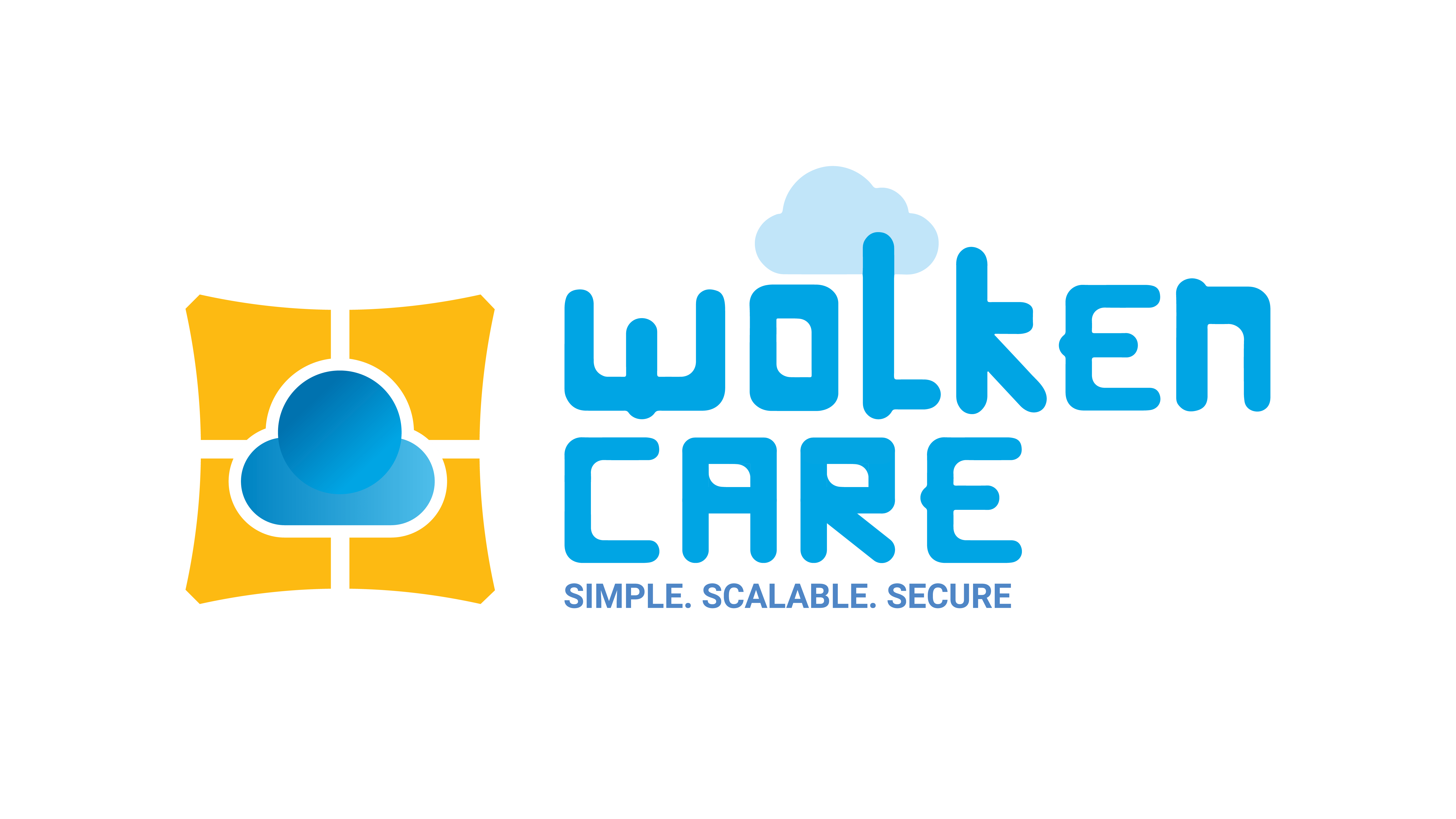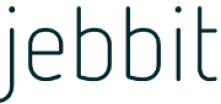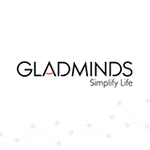Description

Ramen

SmartKarrot
Comprehensive Overview: Ramen vs SmartKarrot
Ramen and SmartKarrot are platforms that cater to different aspects of product management and customer engagement. Here’s a comprehensive overview:
a) Primary Functions and Target Markets
Ramen:
-
Primary Functions:
- Ramen is a tool primarily designed for product feedback and customer insight. It facilitates the collection of user feedback directly within a product, allowing product teams to understand user sentiment and gather actionable insights.
- Features typically include in-app surveys, feedback widgets, and tools for capturing NPS (Net Promoter Score).
-
Target Markets:
- Ramen targets product managers, UX researchers, and teams that prioritize direct user feedback in the product development process.
- It is particularly useful for SaaS companies and digital product teams aiming to refine their offerings based on real user data.
SmartKarrot:
-
Primary Functions:
- SmartKarrot is a customer success and product experience platform that helps businesses enhance user engagement, optimize customer success processes, and reduce churn.
- Features commonly include customer journey mapping, automated workflows, customer segmentation, sentiment analysis, and lifecycle management.
-
Target Markets:
- The platform is geared towards customer success managers, product teams, and companies focused on customer retention and satisfaction.
- SmartKarrot serves a wide array of industries including SaaS, Fintech, and other sectors where maintaining a healthy customer relationship is crucial.
b) Market Share and User Base
Ramen:
- Ramen, while useful, often operates in a niche space focusing on feedback collection. Its market share might be smaller compared to more comprehensive customer success platforms.
- Its user base tends to be product-oriented teams that heavily rely on agile methodologies and continuous product improvement cycles.
SmartKarrot:
- SmartKarrot potentially captures a larger market share in the customer success space due to its broader range of functionalities covering the entire customer lifecycle.
- Its user base extends across various departments within a company, including customer success, product management, and sales teams, particularly in mid-sized to large enterprises.
c) Key Differentiating Factors
-
Scope of Functionality:
- Ramen focuses primarily on gathering product feedback, making it a specialist tool. In contrast, SmartKarrot offers a comprehensive suite for customer success and experience management.
-
Audience:
- Ramen appeals more to product teams with its straightforward feedback collection tools, while SmartKarrot attracts customer success and support teams with its broader feature set aimed at managing and enhancing customer relationships.
-
Implementation and Integration:
- Ramen is often easier and quicker to implement due to its focused scope, making it ideal for teams looking for rapid deployment of feedback mechanisms.
- SmartKarrot, with its extensive feature set, may require more comprehensive onboarding and integration efforts, but provides deeper insights into customer behavior and engagement.
-
Market Positioning:
- Ramen positions itself as a product development aid, prioritizing real-time user feedback, whereas SmartKarrot positions itself as a multi-faceted solution for tracking, analyzing, and improving customer success metrics.
Both platforms serve valuable roles in their respective niches, with Ramen excelling in direct product feedback and SmartKarrot offering a full-scale approach to customer success and engagement.
Contact Info

Year founded :
2014
Not Available
Not Available
United States
Not Available

Year founded :
2018
+1 800-370-0213
Not Available
United States
http://www.linkedin.com/company/smartkarrot
Feature Similarity Breakdown: Ramen, SmartKarrot
To provide a feature similarity breakdown for Ramen and SmartKarrot, let's first assume a high-level overview of both products. Since specific details may change rapidly, it's recommended to verify with the latest documentation or product websites for the most up-to-date information. Here's a general comparison based on typical features these types of platforms might share or differentiate in:
a) Core Features in Common
-
Customer Feedback and Engagement:
- Both platforms likely offer tools for gathering customer feedback and tracking engagement metrics to enhance user experience and product refinement.
-
Analytics and Reporting:
- Common analytic tools to measure customer satisfaction, product usage, and other key performance metrics are expected in both platforms.
-
Integration Capabilities:
- Integration with third-party apps and services, such as CRM systems, communication tools, or marketing automation software, is a common feature set.
-
User Segmentation:
- Providing functionalities to segment users based on various criteria such as behavior, demographics, or engagement levels is typically shared.
-
Automation Features:
- Both platforms are likely to include automation tools to streamline processes such as communication, workflows, or data handling.
b) User Interface Comparison
-
Design and Usability:
- Ramen might focus on a user-friendly, streamlined design primarily targeting feedback collection, whereas SmartKarrot could offer a more comprehensive dashboard catering to a broader range of customer success and engagement features.
-
Customization:
- SmartKarrot's UI might offer more comprehensive customization options due to its wider scope in customer success management, whereas Ramen might focus on simplicity in feedback management.
-
User Experience:
- Both platforms likely emphasize intuitive navigation, but the focus could vary with Ramen prioritizing ease of feedback collection and SmartKarrot emphasizing data visualization and insights.
c) Unique Features
-
Ramen:
- May offer unique, in-depth tools for customer feedback collection and analysis, specifically tailored for product teams focusing on direct consumer feedback loops.
-
SmartKarrot:
- Could distinguish itself with advanced customer success management features such as in-depth client health scoring, retention prediction, and personalized engagement strategies that go beyond basic feedback.
Overall, while there are overlaps in functionality concerning customer engagement and feedback analytics, the primary distinction likely lies in the specialization of each product, with Ramen geared towards detailed feedback loops and SmartKarrot offering broader customer success solutions. Always verify with the latest feature sets as both platforms develop over time.
Features

Not Available

Not Available
Best Fit Use Cases: Ramen, SmartKarrot
Ramen and SmartKarrot are tools designed to cater to specific needs within customer feedback management, project development, customer success, and engagement. Here’s how each can be best applied to different business scenarios:
a) Ramen Use Cases:
Ramen is a product feedback and user engagement tool that helps businesses gather and manage feedback to better understand user needs and improve product development.
Types of Businesses or Projects Best Suited for Ramen:
-
Startups and Early-Stage Companies:
- Companies in the initial phases of product development can use Ramen to gather customer feedback to refine their product offerings.
- It helps startups prioritize features based on user needs and build a product-market fit efficiently.
-
Product Development Teams in Tech Companies:
- Ideal for agile development teams that need constant user feedback to iterate and improve their software products.
-
Companies launching new products or features:
- Any business releasing a new product or significant update can use Ramen to get immediate user feedback to inform subsequent iterations.
-
Consumer-facing SaaS Businesses:
- Businesses that need to curate a robust framework for capturing customer feedback to enhance user experiences and satisfaction.
b) SmartKarrot Use Cases:
SmartKarrot is a customer success and engagement platform designed to help SaaS businesses manage customer retention, engagement, and success.
Scenarios Where SmartKarrot is Preferred:
-
SaaS Companies Focused on Customer Retention:
- SmartKarrot is ideal for companies looking to reduce churn by understanding customer health and engagement metrics.
-
Mature Companies with Established Customer Bases:
- Companies with substantial existing user data can leverage SmartKarrot to drive engagement and upsell opportunities using insights derived from customer interaction.
-
Businesses with Subscription Models:
- As a tool specializing in customer success, SmartKarrot helps ensure continued subscription renewals by identifying and addressing customer dissatisfaction.
-
Enterprise-Level Businesses Needing Scalability:
- With its robust analytics and automation features, SmartKarrot is suited for large-scale operations needing tailored customer success strategies.
c) Catering to Different Industry Verticals or Company Sizes:
- Ramen:
- This tool is flexible and can be employed across various industry verticals including tech startups, e-commerce, and other consumer technology businesses. It’s particularly beneficial for small to medium-sized enterprises (SMEs) due to its focus on agile development and iterative improvement.
- SmartKarrot:
- It caters well to industries with subscription services like SaaS, financial services, and telecommunications. It’s scalable, making it suitable for businesses ranging from SMEs to large enterprises. The product’s analytical capabilities are particularly valuable in sectors where customer lifetime value and retention are critical metrics.
Both products provide a differentiated approach to tackling customer insights—Ramen with its emphasis on immediate feedback and iterative development, and SmartKarrot through its focus on ongoing customer success and engagement. The choice between them often depends on the specific business model, customer interaction level, and the desired outcome related to customer experience strategy.
Pricing

Pricing Not Available

Pricing Not Available
Metrics History
Metrics History
Comparing teamSize across companies
Conclusion & Final Verdict: Ramen vs SmartKarrot
To provide a detailed conclusion and final verdict on Ramen vs SmartKarrot, considering various factors explicitly mentioned, we can evaluate their overall value, pros and cons, and suggest recommendations for potential users.
Conclusion and Final Verdict
a) Best Overall Value:
When determining which product offers the best overall value, it ultimately depends on what the user values most—be it features, pricing, customer support, or user experience.
-
Ramen: Often excels in community feedback and user engagement tools. If your priority is to enhance customer feedback loops and gather direct insights on product market fit, Ramen might offer better value.
-
SmartKarrot: Known for its robust customer success management and engagement automation. It could be more valuable if your focus is on comprehensive customer success metrics and automation of those processes.
Given the choice between the two products, if feedback loop enhancement and immediate user insights are your top priorities, Ramen might slightly edge out as the better value. Conversely, if your focus is on a more comprehensive suite that includes customer success automation, SmartKarrot could offer superior value.
b) Pros and Cons:
-
Ramen:
- Pros:
- Excellent for gathering real-time user feedback.
- Intuitive interface for crafting surveys and polls.
- Strong focus on product roadmap validation.
- Cons:
- Less robust in broader customer success management features.
- Might require additional integrations for a more complete data analysis platform.
- Pros:
-
SmartKarrot:
- Pros:
- Comprehensive customer success platform.
- Excellent automation capabilities.
- Detailed analytics and engagement tracking.
- Cons:
- May have a steeper learning curve for new users.
- Could be considered over-featured for businesses not seeking a full customer success suite.
- Pros:
c) Recommendations:
-
For Startups or Small Businesses:
- Ramen might be the better choice if the current focus is on validating product offerings and quickly iterating based on customer feedback.
-
For Established Companies or Enterprises:
- SmartKarrot could be more appropriate due to its extensive customer success tools and ability to scale with business growth.
-
For Users Focused on Customer Feedback:
- Choose Ramen if your main goal is to actively engage with users for feedback on new features or products.
-
For Users Focused on Customer Management Automation:
- Opt for SmartKarrot, especially if your business needs extend beyond feedback and require engagement automation and success analytics.
In conclusion, while both Ramen and SmartKarrot are excellent products within their domains, the choice hinges on specific business needs and strategic objectives. Assess your primary needs—be it feedback collection or success management—and align them with the features offered by either Ramen or SmartKarrot to ensure the best fit for your organization.
Add to compare
Add similar companies




